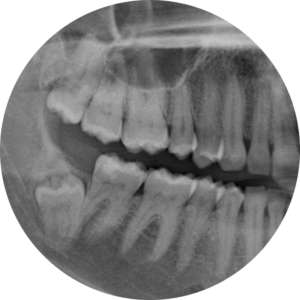Face and Jaw Surgery
at Madurai
Face and Jaw surgery encompasses a wide range of surgical procedures performed on the mouth, jaw, and facial structures and treat conditions related to these areas. Oral surgery may be necessary to address various issues, ranging from simple tooth extractions to complex reconstructive surgeries.



Tooth Extraction: Tooth extractions are performed to remove damaged, decayed, or impacted teeth that cannot be saved through other treatments. This includes wisdom tooth removal, extraction of severely decayed or infected teeth, and removal of teeth to prepare for orthodontic treatment.
Dental Implants: Dental Implants are surgically placed in the jawbone to replace missing teeth. Oral surgeons perform implant placement surgery, including bone grafting procedures to augment bone volume in the jaw if necessary.
Bone Grafting: Bone grafting procedures involve transplanting bone tissue to repair or regenerate bone in the jaw that has been lost due to tooth loss, trauma, or disease. Bone grafts may be necessary to provide adequate support for dental implants or to improve the aesthetics and function of the jaw.
Orthognathic Surgery: Orthognathic surgery, also known as corrective Jaw Surgery, is performed to correct abnormalities of the jawbones and facial skeleton, such as misalignment of the jaws (malocclusion), underbites, overbites, and facial asymmetry. This surgery can improve chewing function, facial aesthetics, and overall oral health.
Temporomandibular Joint (TMJ) Surgery: TMJ surgery may be recommended for patients with severe or chronic temporomandibular joint disorders that do not respond to conservative treatments such as medication, physical therapy, or splints. Surgical procedures may involve arthroscopy, joint repositioning, or joint replacement.
Oral Pathology: Oral surgeons diagnose and treat various oral and facial pathologies, including oral cancer, cysts, tumors, and other abnormalities of the oral and maxillofacial region. Surgical biopsy and excision may be necessary for diagnosis and treatment.
Soft Tissue Surgery: Oral surgeons perform soft tissue surgeries to address conditions such as gum disease, gum recession, frenectomy (removal of abnormal tissue attachments), and cosmetic procedures such as gum contouring or lip augmentation.
“At Dentist Madurai, our commitment lies in exceeding patient expectations. Here are some genuine testimonials from individuals who experienced our transformative maxillofacial services firsthand. Their stories speak volumes about our dedication and care.”
